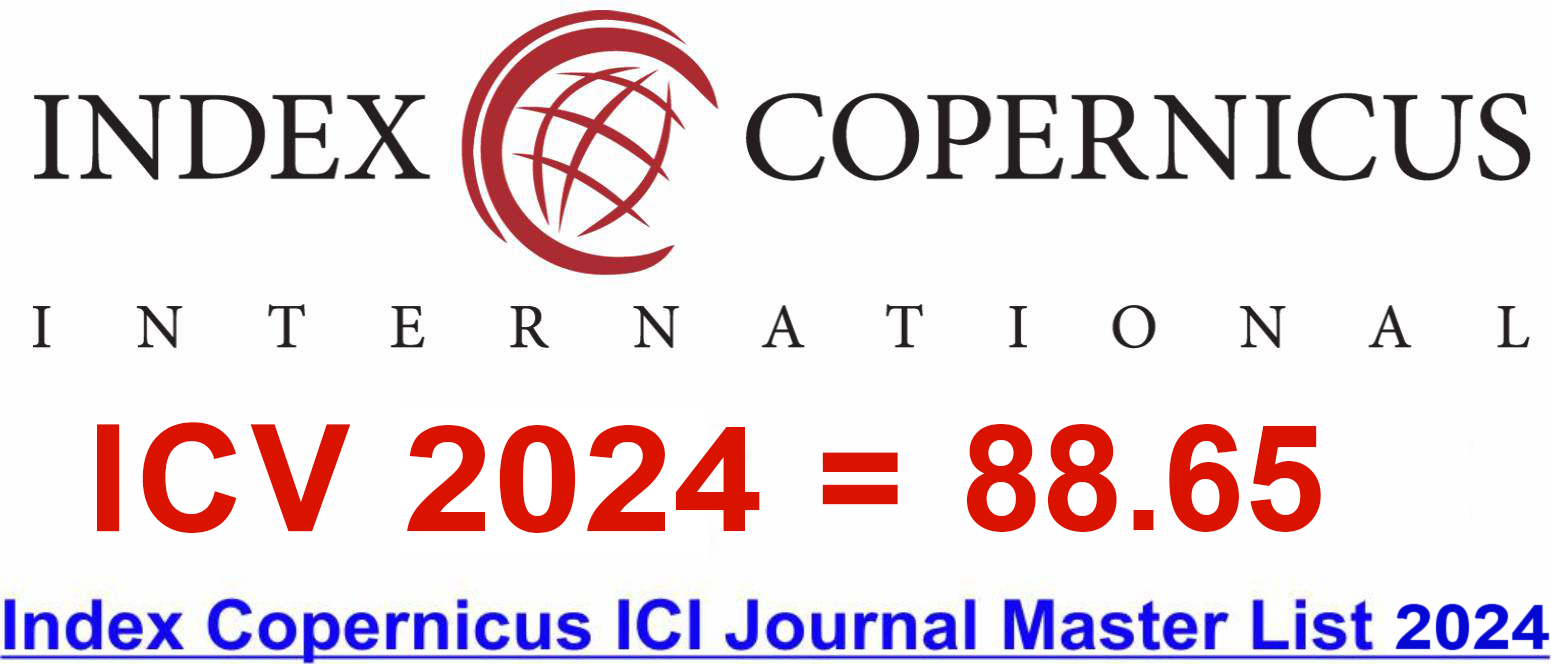Abstract
In a free market finances, the government plays an essential role. The government really does a lot for an economy. When markets can't solve problems on their own, governments must step in to offer public goods, address externalities, and enforce competition. The issue for every economy that wants its government to fulfil its function is finding the right size of government (total expenditures by the government as a percentage of GDP) to promote long-term prosperity. Government spending in Ghana has increased over the previous two decades, according to data on fiscal behaviour, but GDP growth has lagged behind. Using a time series data analysis, this study aimed to provide fresh empirical light on the connection between government size and economic growth in Ghana, as well as to identify the optimal threshold level at which government final consumption may contribute to rapid development. The research found that higher levels of government spending contributed directly to economic expansion. The analysis concluded that a threshold of 0.114% for government spending was optimal for promoting growth in the economy. Therefore, the study urges fiscal discipline and control to maintain the optimal level of government spending, which would have a multiplier effect on other parts of the economy and prevent crowding out.
References
- Gamble A. The Free Economy and the Strong State1. InAfter Brexit and other essays 2021 Apr 28 (pp. 91-112). Bristol University Press. https://doi.org/10.51952/9781529217124.ch005
- Horne LC. Public health, public goods, and market failure. Public health ethics. 2019 Nov;12(3):287-92. https://doi.org/10.1093/phe/phz004
- Javid M. Public and private infrastructure investment and economic growth in Pakistan: An aggregate and disaggregate analysis. Sustainability. 2019 Jun 17;11(12):3359. https://doi.org/10.3390/su11123359
- Pelsa I, Balina S. Development of economic theory–from theories of economic growth and economic development to the paradigm of sustainable development. InDIEM: Dubrovnik International Economic Meeting 2022 Feb 1 (Vol. 7, No. 1, pp. 91-101). Sveučilište u Dubrovniku. https://doi.org/10.17818/DIEM/2022/1.10
- Diatkine D. Adam Smith and the Wealth of Nations: The Discovery of Capitalism and Its Limits. Springer Nature; 2021 Oct 8. https://doi.org/10.1007/978-3-030-81600-1
- Holmelin NB. National specialization policy versus farmers’ priorities: Balancing subsistence farming and cash cropping in Nepal. Journal of Rural Studies. 2021 Apr 1;83:71-80. https://doi.org/10.1016/j.jrurstud.2021.02.009
- Magnani M. Making the Global Economy Work for Everyone: Lessons of Sustainability from the Tech Revolution and the Pandemic. Palgrave Macmillan; 2022 Jan 24. https://doi.org/10.1007/978-3-030-92084-5
- Kim J, Shah P, Gaskell JC, Prasann A. Scaling up disruptive agricultural technologies in Africa. World Bank Publications; 2020 Jul 16. https://doi.org/10.1596/978-1-4648-1522-5
- Pehlivan C, Han A, Konat G. Empirical analysis of public expenditure-growth relationship in OECD countries: Testing the Wagner law. Uluslararası Politik Araştırmalar Dergisi. 2021 Aug 8;7(2):87-109. https://doi.org/10.25272/j.2149-8539.2021.7.2.06
- Desmarais C, Holmgren C, Wagner S. Broadcasting‐induced colorings of preferential attachment trees. Random Structures & Algorithms. 2023 Sep;63(2):364-405. https://doi.org/10.1002/rsa.21142
- Muñoz-Bandala J. Keynes’s Lakatosian Scientific Research Program (SRP) as Outlined in The General Theory of Employment, Interest and Money (1936). In: Keynes’s Evolutionary Spirit: A Philosophical Journey through His Work 2022 Jan 15 (pp. 15-34). Cham: Springer International Publishing. https://doi.org/10.1007/978-3-030-90150-9_2
- Arawatari R, Hori T, Mino K. Government expenditure and economic growth: A heterogeneous-agents approach. Journal of Macroeconomics. 2023 Mar 1;75:103486. https://doi.org/10.1016/j.jmacro.2022.103486
- Khalil L, Abbas S, Hussain K, Zaman K, Iswan, Salamun H, Hassan ZB, Anser MK. Sanitation, water, energy use, and traffic volume affect environmental quality: Go-for-green developmental policies. Plos one. 2022 Aug 26;17(8):e0271017. https://doi.org/10.1371/journal.pone.0271017
- Akanyonge J, Atteh CA, Asapeo A. Government Expenditure on Economic Growth: Empirical Evidence from Ghana. Texila International Journal of Academic Research. 2022;9(1):77-93. https://doi.org/ 10.21522/TIJAR.2014.09.01.Art008
- Bélaïd F, Youssef M. Environmental degradation, renewable and non-renewable electricity consumption, and economic growth: Assessing the evidence from Algeria. Energy policy. 2017 Mar 1;102:277-87. https://doi.org/10.1016/j.enpol.2016.12.012
- Dong F, Li Y, Gao Y, Zhu J, Qin C, Zhang X. Energy transition and carbon neutrality: Exploring the non-linear impact of renewable energy development on carbon emission efficiency in developed countries. Resources, Conservation and Recycling. 2022 Feb 1;177:106002. https://doi.org/10.1016/j.resconrec.2021.106002
- Magdalena S, Suhatman R. The Effect of Government Expenditures, Domestic Invesment, Foreign Invesment to the Economic Growth of Primary Sector in Central Kalimantan. Budapest International Research and Critics Institute-Journal (BIRCI-Journal). 2020 Jul 29;3(3):1692-703. https://doi.org/10.33258/birci.v3i3.1101















